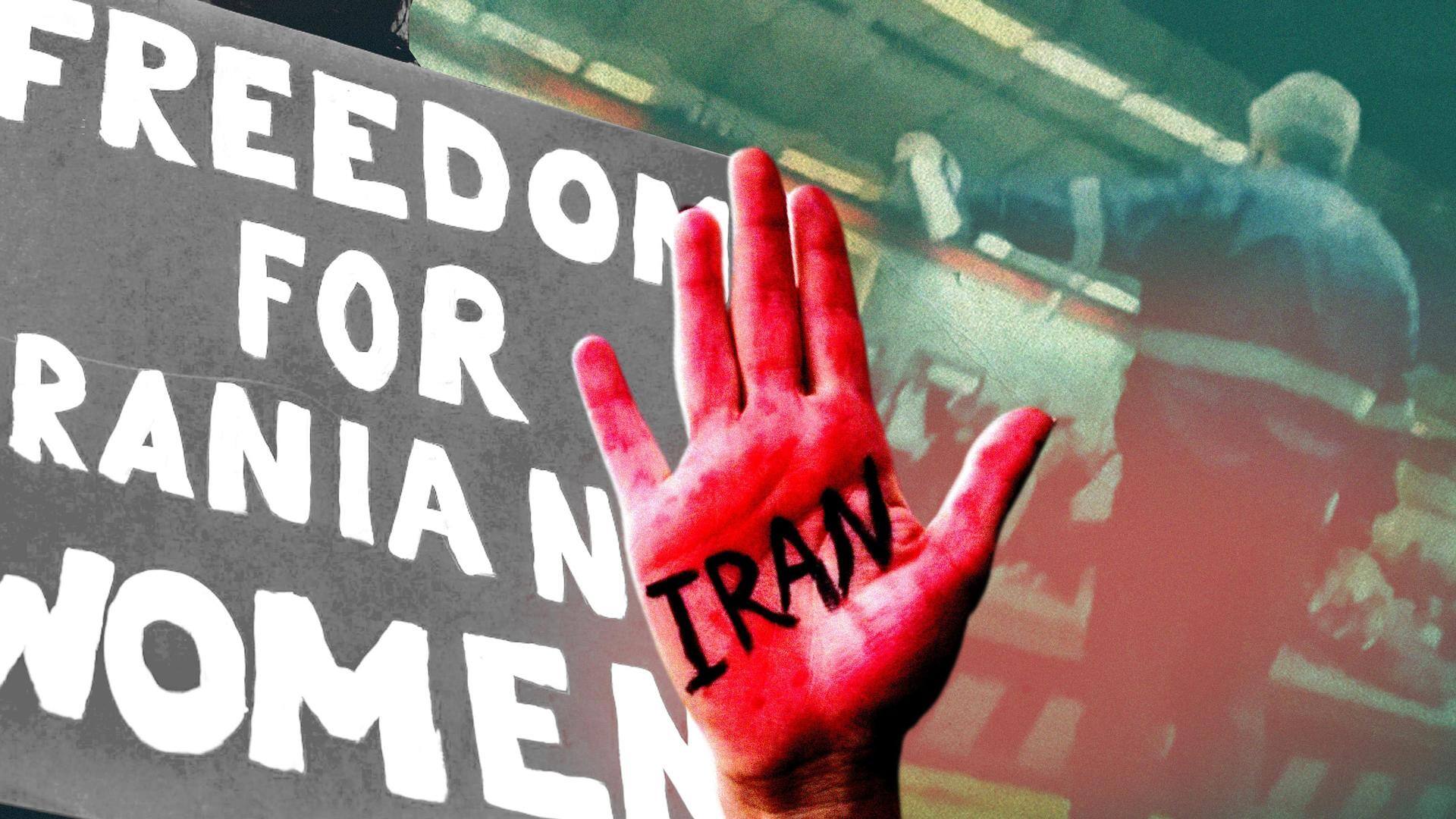
Iranian forces open fire, beat women as anti-hijab protests swell
What's the story
As protests over the death of Mahsa Amini entered the third month, Iranian security forces on Tuesday opened fire on people at a metro station in Tehran, Iran.
The forces baton-charged women who were found without mandatory headscarves.
The videos of the force's actions are viral on social media.
At least five people have been killed in Khuzestan on Wednesday, state media reported.
Context
Why does this story matter?
The death of the Kurdish-origin young woman has put Iran in a tight spot as the escalations have not settled down despite the passing of two months.
The country's moral police's alleged action has brought bad light on the country, as it has received immense criticism for the "harsh laws" meant to decide the dress code for women in the country.
Details
Tuesday witnessed intensified demonstrations
On Tuesday, protesters called for a three-day-long protest to commemorate 2019's two-month-long "Bloody November" protests caused by the rise in fuel prices.
Since the rise of Iran's Islamic Republic in 1979, the protests starting on November 15, 2019, were recorded as the most violent, in which 1,500 protesters were killed.
The commemoration spread to different parts of the country, resulting in violence.
Twitter Post
Headscarves being set on fire
“Death to the dictator”: holding hands and creating a human chain people chant in Tehran, Nov15. #زن_زندگی_آزادی #مهسا_امینی #اعتصابات_سراسری pic.twitter.com/J6FBDl3zLP
— Khosro Kalbasi Isfahani (@KhosroKalbasi) November 15, 2022
Action
Police opened fire on the crowded platform
Following a protest on Tuesday, police opened fire on the crowded platform at the metro station. Viral videos show people running for life.
The police action at the station caused chaos as people heading toward the exit were seen being trampled amid gunshots.
Police in civvies were also filmed marching through train carriages beating women who were not wearing headscarves.
Twitter Post
Scenes amid police firing at the metro station
Iran's security forces repeatedly fire into a crowd of protesters at a Tehran metro station today.
— Shayan Sardarizadeh (@Shayan86) November 15, 2022
Tehran's residents have been frequently chanting slogans against the regime in the city's metro stations during the protests.#مهسا_امینی #MahsaAminipic.twitter.com/ncVjWK3q4n
Twitter Post
Government officials in civvies beat women in metros
نیروهای جمهوریاسلامی به مترو هجوم برده و در آنجا مردم را کتک میزنند. تهران ، ۲۴ آبان#مهسا_امینی pic.twitter.com/rne553ZokS
— +۱۵۰۰تصویر (@1500tasvir) November 15, 2022
Latest killings
5 dead in the Khuzestan province
The Tuesday protest spread over several cities, including Khuzestan, bordering Iraq and the Persian Gulf inhabited by Iran's ethnic Arab minority.
As per a report by The Guardian quoting state media, on Wednesday, at least five people died in what it described "as a terrorist attack at a market in the city of Izeh in the southwestern province of Khuzestan."
Figures
Two-month-long protest leaves broken families behind
Since Amini's death, allegedly at the hands of the country's morality police, the protests have not settled.
During the two-month-long protests, more than 300 people were killed by the country's security forces, according to the Oslo-based group Iran Human Rights (IHR).
It said nearly 15,000 people have been arrested by Iranian authorities, a claim that government denies.
Five protesters have been sentenced to death.
Background
Who was Mahsa Amini?
On September 16, Amini was arrested for wearing an "improper hijab" by Iran's morality police when she was with her brother near a metro station, reported Iranian publication Etemad.
Hours after her arrest, her brother learned that she was rushed to the hospital.
Police claimed Amini suffered a "cardiac seizure in custody and denied claims that she was beaten." She died three days later.
Identification
Face recognition technology to identify women
To keep an eye on the violators of the country's dress code, the government in September said that it was working on using face recognition technology to identify women violating the law.
Mohammad Saleh Hashemi Golpayegani, the secretary of Iran's headquarters for promoting virtue and preventing vice, said the technology would be used to identify "erring women" recorded on public transport security cameras.
Capital punishment
Country gripped with fear as anti-hijab protestor sentenced to death
Earlier this week, the Norway-based Iran Human Rights (IHR) group called on the international community for intervention as it warned of the possibility of "hasty executions without warnings" after the country pronounced its first death sentence to an anti-hijab protestor.
"We fear mass executions unless the political cost of executions increases significantly," said Mahmood Amiry-Moghaddam, director of IHR, as per The Guardian.